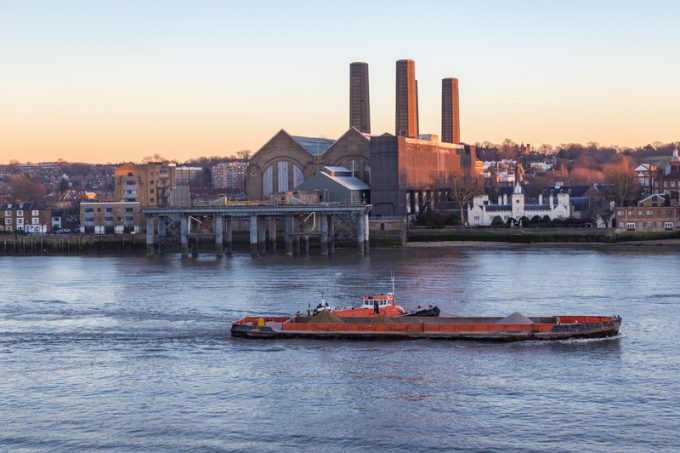UK-US trade deal brings tariff certainty – plus aerospace investment
The UK aerospace sector received two pledges of support today which should see heightened trade, ...

DHL Express is targeting a roll-out of delivery barges on the Thames this year, as part of its “go green” strategy.
Chief executive John Pearson confirmed to The Loadstar the company’s UK division was working on a scheme similar to that in Amsterdam.
“Over the past three or ...
MSC switches two more Asia-Europe port calls from congested Antwerp
CMA airline returns two freighters, while ANA takeover of NCA looms
Front-loading frenzy has made traditional H2 peak season 'unlikely'
Tradelanes: Export boom in Indian sub-continent triggers rise in airfreight rates
Carriers introduce surcharges as congestion builds at African ports
Mexican airport modernisation plan unlikely to boost cargo facilities
Ports and supply chain operators weigh in on funding for CPB
Box ship overcapacity threat from carrier appetite for new tonnage

Comment on this article